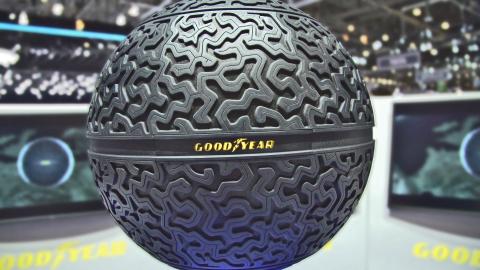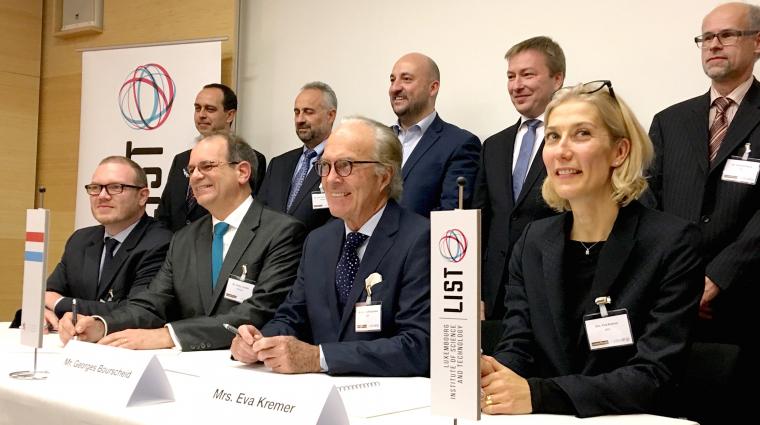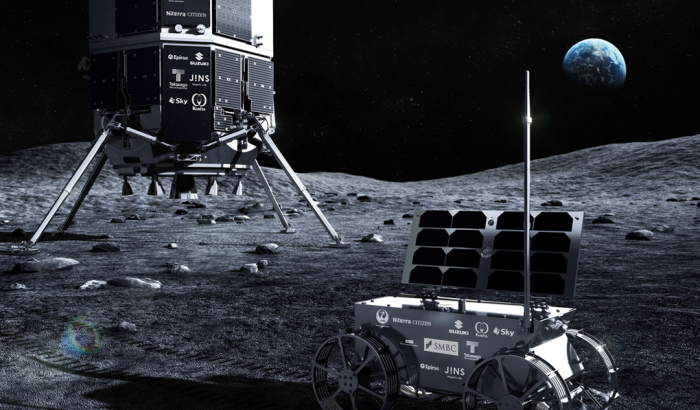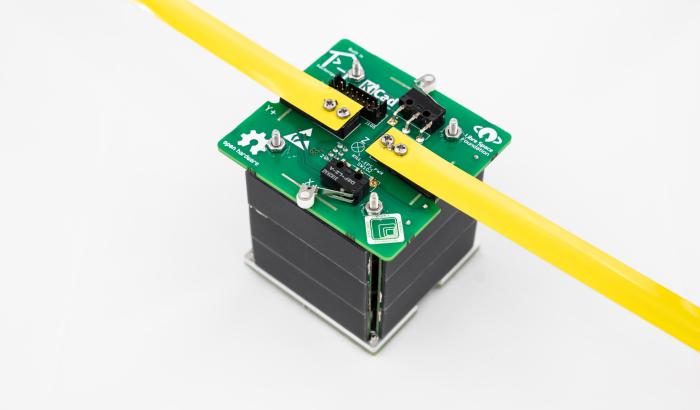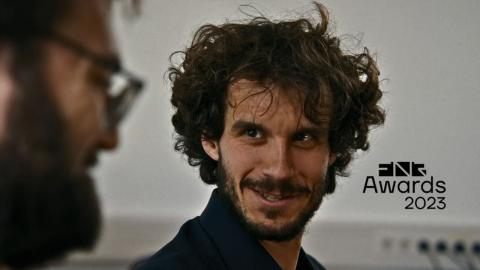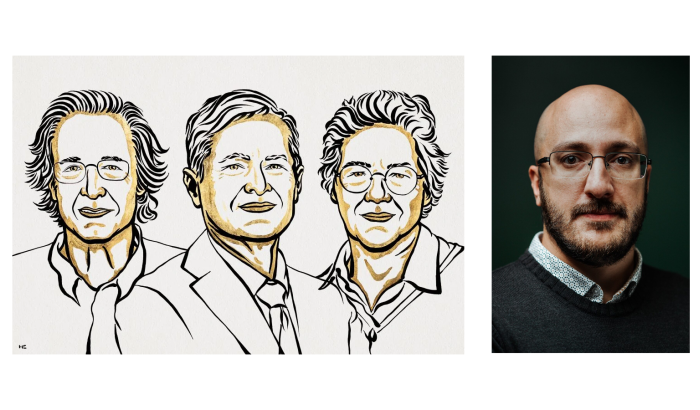(C) MOAST
Stijn Vercammen tries to reduce the noise of tires.
Traffic noise can be a cause of stress, sleeping disorders, problems with concentration and can even lead to serious health issues. Tire noise is one of many contributors to traffic noise: "My research - a cooperation between the university KU Leuven and the tire producer Goodyear - aims to reduce tire/road noise in line with EU regulations" says Stijn Vercammen.
The approach of his research is twofold: "I tackle the problem by means of experiments and simulations", says the automotive engineer.
Experiments under controlled real-life conditions
The eyperimental part of his work Stijn Vercammen does on the Goodyear ISO certified test track, where tire noise experiments can be done under controlled real-life conditions. The ISO noise test for example stipulates a specific type of road surface, two microphones installed at a specific height and distance, and a test vehicle performing this test at a certain pass-by speed. The noise level is registered by microphones at the sides when a car passes by at defined speed and/or acceleration.
Tire-production according to EU-regulations
"This noise performance is also part of the EU tire label legislation introduced in Nov 2012. This requires that every consumer tire sold in Europe has to include a performance rating for rolling resistance, linked fuel consumption, wet grip linked to wet braking and a noise level indicator. This allows tire customers to make conscious purchase decisions", explains Stijn Vercammen.
Simulations allow to apply the understanding
In his project, smooth tires are frequently used to reduce the contribution of tread pattern type noise and focus on the tire construction parameters in the inside of the tire. Simulations allow to apply this understanding to design a more silent tire.
"My research is about understanding the relative contribution of tire shape, construction and material features on such noise and I am trying to understand, define and explore the underlying physics", says the PhD. For his research Stijn Vercammen gets funding from the Fonds National de la Recherche in an AFR-PhD-Grant for cooperation with industry (PPP - Public Private Partnerships).
Author: Jean-Paul Bertemes (FNR), Stijn Vercammen
Video-Production: MOAST
Video produced whithin the framework of the Manufuture conference by the European Comission:

Infobox
The new video series on science.lu: Meet some scientists in their everyday life and discover what their research is about.

